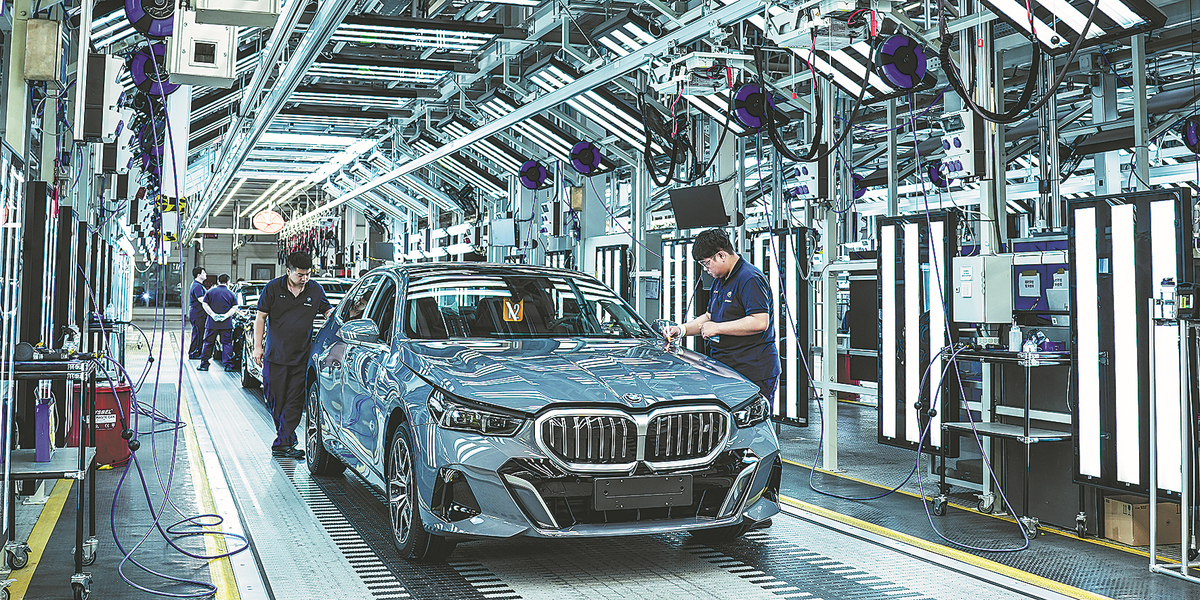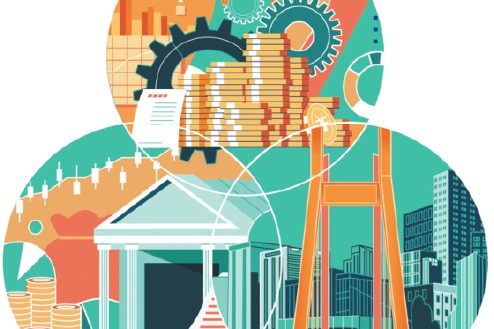Practical Sino-German cooperation boon for both


After the European Commission announced that it would impose high tariffs on Chinese new energy vehicles, German automakers such as BMW, Volkswagen and Mercedes-Benz expressed their opposition.
"We don't think that our industry needs protection," BMW CEO Oliver Zipse was reported by the German public broadcaster Deutsche Welle as saying in a meeting with analysts after the tariffs were proposed. Zipse said that operating on a global basis gives major automakers an industrial advantage, cautioning that "You can easily endanger that advantage by introducing import tariffs."
The market share of Chinese manufacturers in Germany and Europe is less than 1 percent and more than half of the Chinese-made car sales in Europe are from non-Chinese companies, he pointed out.
The German auto companies believe they should make their own assessments of the situation and make the decision on their own, rather than simply heeding the diktats of the politicians in Washington.
The fall of sales of Volkswagen and BMW in the Chinese market is caused by the fact that they cannot compete with the Chinese EV makers in the country, and an increasing number of Chinese consumers are choosing an EV for their next car.
In the view of some German auto industry experts, European car companies must enter the Chinese market to catch up in the field of EVs. But the high tariffs the European Commission is imposing on Chinese EVs will not be conducive to the improvement of the competitiveness of the European automotive industry.
This year marks the 10th anniversary of the establishment of the China-Germany comprehensive strategic partnership. The industry and supply chains of China and Germany are deeply intertwined, and the markets of the two countries are highly interdependent.
Mutually beneficial cooperation between China and Germany is not a "risk", but the guarantee for a stable bilateral relationship and an opportunity for the future. There is still huge potential to be tapped from win-win cooperation in both traditional sectors such as machinery and automobiles, and new areas such as the green transition, digitization and artificial intelligence.
Both China and Germany uphold free trade and economic globalization. It is important that the two countries remain vigilant against the rise of protectionism, adopt an objective view on the issue of capacity, and devote more efforts to strengthening and broadening their cooperation.
China and Germany have long been partners of dialogue, development and cooperation, as well as partners for handling global challenges. There is no reason why that should change.


































